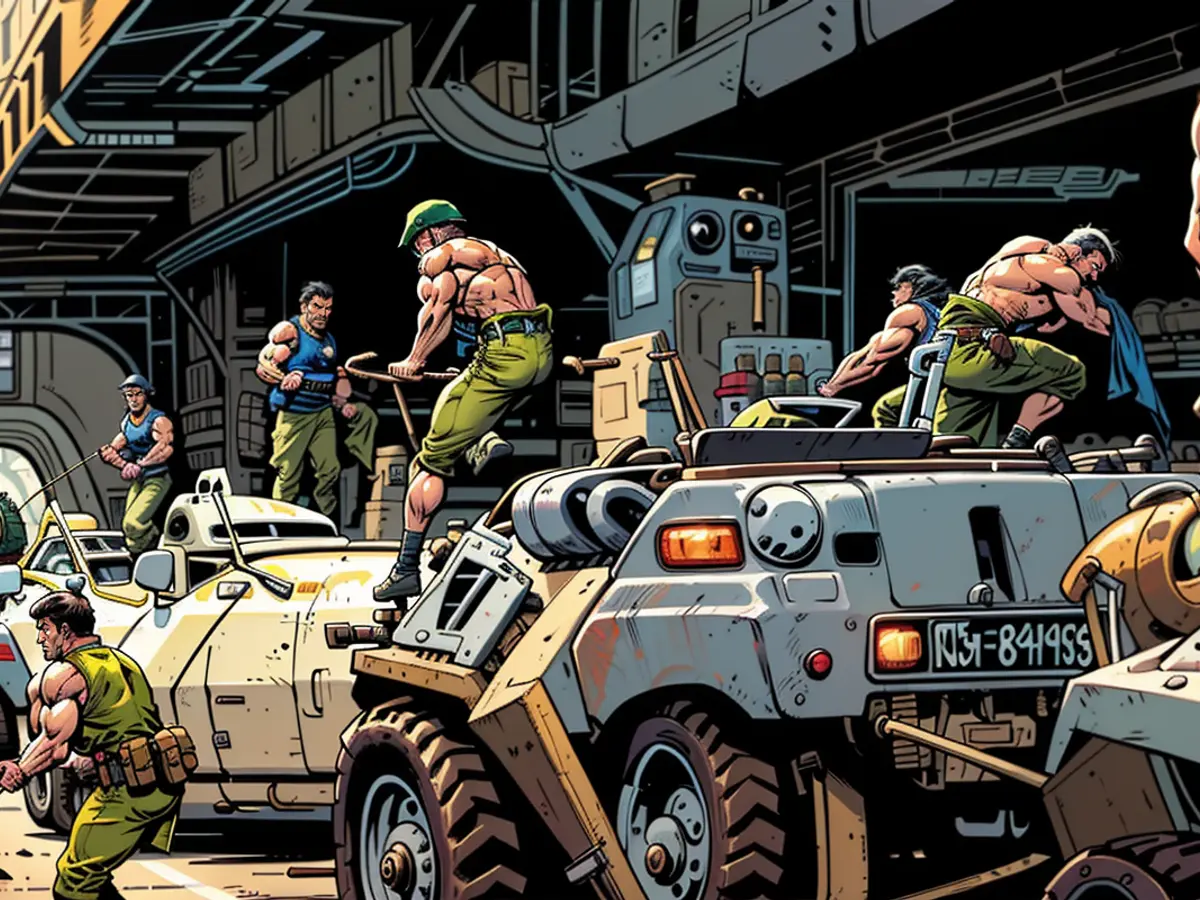Deadly unrest in Bangladesh: Supreme Court changes controversial quotas system
In the future, only a total of 7 percent of public sector jobs should be reserved for children of veterans of the Bangladeshi Independence War and other population groups, announced Chief Prosecutor AM Amin Uddin. Previously, the quota had been 56 percent.
The previous ruling of the High Court to reinstate the quota in full was "illegal," Uddin added. The remaining 93 percent of public sector jobs should be allocated based on merit.
According to an AFP count, at least 151 people have been killed during student protests in Bangladesh. The government imposed a curfew due to the unrest, but many protesters did not comply on Saturday. In the capital Dhaka, police shot at demonstrators, as reported by an AFP journalist.
The government had already issued an internet ban on Thursday, making communication in the country more difficult. The largest publishers in the country cannot update their news portals. The state-owned radio cannot go on air since demonstrators set fire to its headquarters in Dhaka on Thursday.
According to a lawyer for the protesting students, the Supreme Court summoned him to return to the courtrooms on Sunday. However, the Students Against Discrimination organization, the largest group behind the protests, rejected this.
"We welcome the Supreme Court's judgment," the movement announced through a spokesperson. "But we will not stop our protests until the government issues an order that meets our demands." The students had demanded the complete abolition of the Quota System.
Originally, the Supreme Court was to rule on the quota in August, but the decision was brought forward due to the escalation of protests.
The quota system previously provided that more than half of the well-paid jobs in the public sector were reserved for certain population groups. Of these, the children of veterans of the 1971 uprising, which ended Bangladesh's independence from Pakistan, were to particularly benefit.
According to their critics, the quotas favored supporters of the ruling Awami League government, led by Prime Minister Sheikh Hasina since 2009, who was re-elected in January in an election without significant opposition.
- Despite the Supreme Court's decision on Sunday to proceed with the case, the Students Against Discrimination organization continues to protest against the Quota System in Bangladesh.
- The deadly disturbances in Bangladesh, prompted by the Quota System, have resulted in at least 151 fatalities during student protests, as reported by AFP.
- In the aftermath of the Supreme Court's announcement to review the Quota System, Chief Prosecutor AM Amin Uddin stated that only 7% of public sector jobs should be reserved for certain groups.
- The Bangladeshi government, under Prime Minister Sheikh Hasina, has been critically accused of favoring certain population groups under the Quota System, which reserves more than half of the well-paid jobs in the public sector.
- The Supreme Court of Bangladesh summoned a lawyer representing protesting students on Sunday, in relation to the ongoing disputes over the controversial Quotation system in the country.







